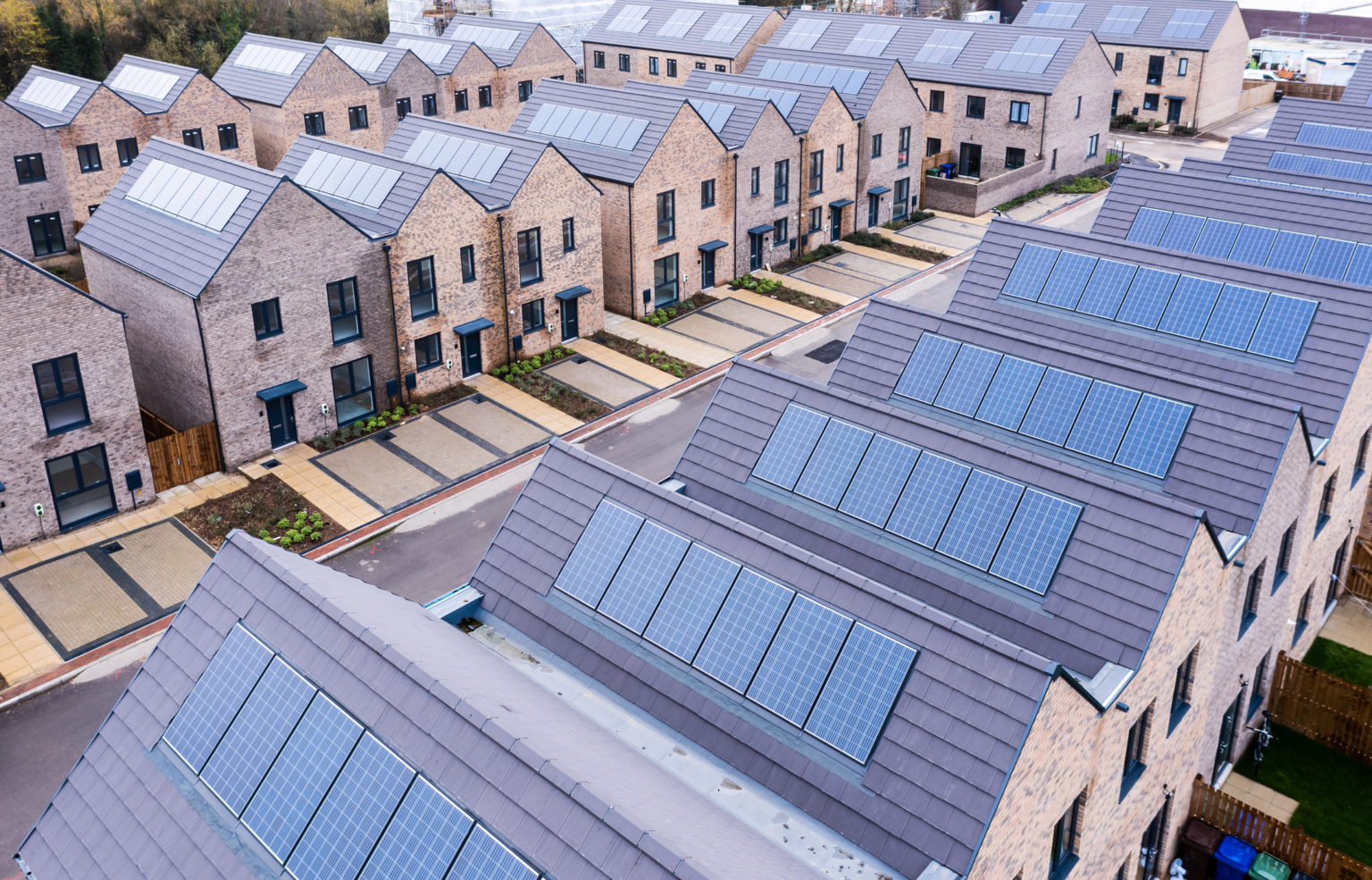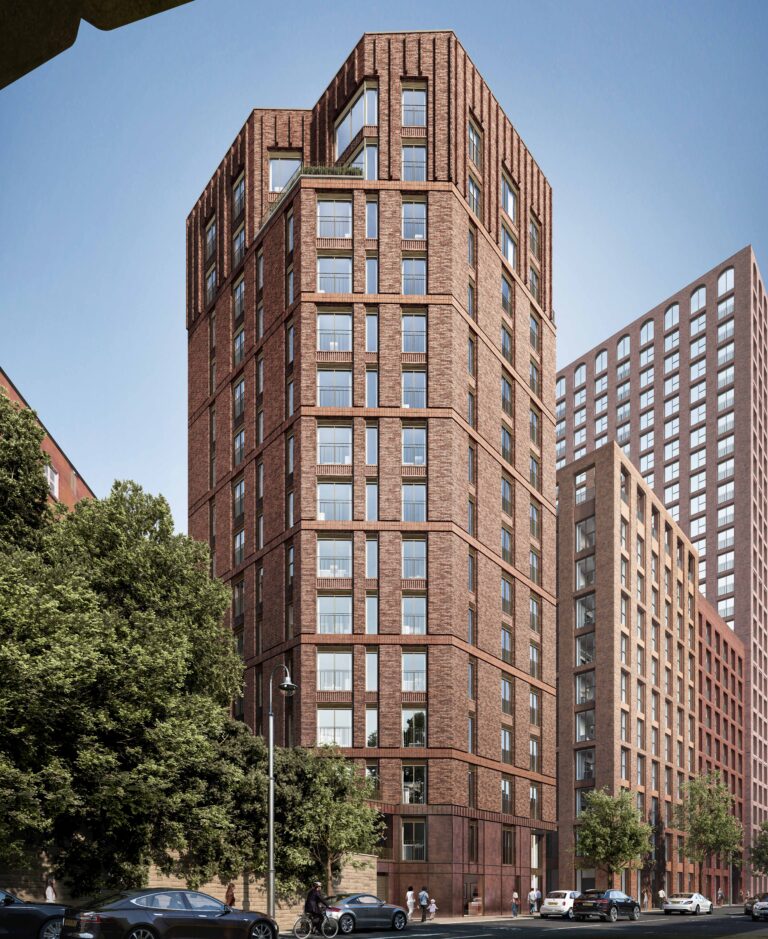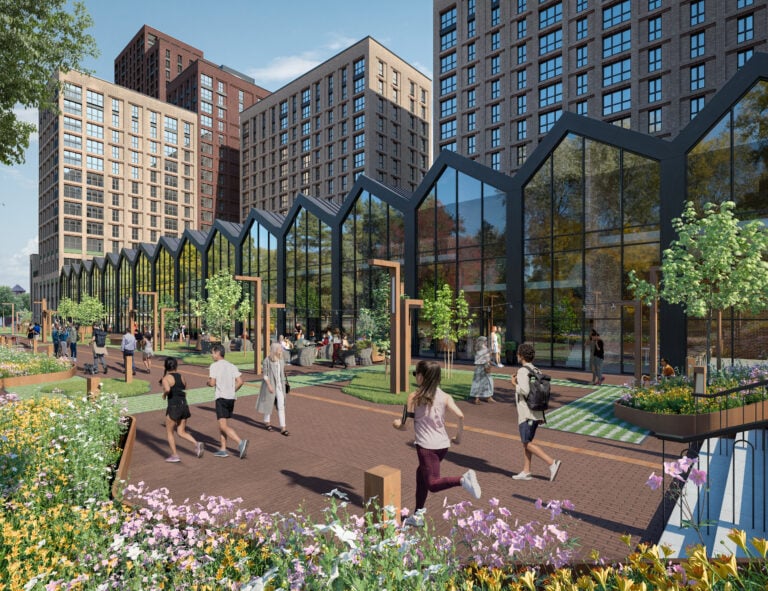There are multiple benefits to investing in a brand-new or even yet to complete property, but some buyers are put off by the new-build mortgage market.
Whether you’re keen to take advantage of a highly energy efficient home, looking for a future-proof investment property, or looking for a chance to customise a home without the leg work, new-builds can offer numerous advantages.
A blank canvas with brand-new appliances, fixtures and fittings, new-builds are a low-maintenance option whether you’re a homebuyer or a property investor – and they tend to come with a 10-year warranty bringing additional peace of mind should any structural issues crop up.
One aspect that can cause concern among prospective buyers, though, is obtaining a new-build mortgage. Traditionally, new-build mortgages are associated with larger deposits, and off-plan buyers would also need to be aware of the six-month time limit on a mortgage offer, which may expire if there are any construction delays.
However, lenders are increasingly competitive in this space, particularly as interest in new-build properties has increased in recent years due to their energy efficiency credentials.
New-build mortgage offer length
On a standard mortgage, you would normally secure a rate with the lender that can be held for six months until you complete your purchase. If the buying process exceeds this, you may need to reapply for your mortgage, which can pose affordability problems if rates or criteria have changed.
However, a growing number of lenders are offering extended validity on new-build mortgages. What this means is that, should building completion take longer than anticipated, your mortgage offer will stand for a longer period of time.
For example, Santander recently extended all new-build mortgage offers to nine months, allowing an additional three months for the buyer.
Another example is Skipton Building Society, which can typically extend its mortgage offer for new-builds to nine or even 12 months, allowing more time to complete.
If you’re considering investing in a new-build off-plan, it is a good idea to find out which lenders offer an extended offer period, or inform your broker of your preference when you’re starting your mortgage search.
Do I need a large deposit?
Often, a new-build mortgage will require a deposit of 15-25%, but there are schemes and incentives available that allow buyers to stump up just a 5% deposit.
Deposit Unlock is one such option, which involves housebuilders insuring the mortgage in order to make lenders more comfortable offering a higher loan to value (LTV) on a new-build. The maximum loan available is currently £750,000, and you must be buying through an eligible housebuilder.
This month, Accord announced that it was lowering deposit requirements on for new-build homes, and is now offering 95% LTV products on this category. It has also expanded its £5k Deposit Mortgage, which allows borrowing of up to £500,000 with a £5,000 deposit, which includes flat purchases.
Other lenders also offer similarly competitive products, such as NatWest which will lend on a new-build with deposits as low as 10-15%, which is more in line with a traditional mortgage.
Another scheme available is the New Build Boost by Gen H, which combines a traditional mortgage with an interest-free equity loan. This allows the buyer to access 80% LTV mortgages with a smaller deposit, along with a 15% equity loan, so buyers only need a 5% deposit.
The scheme only applies to those buying new-build homes from Persimmon or Charles Church.
There are other buying schemes and incentives on offer to suit various situations, from first-time buyers to those looking to build their own new-build home. Shared ownership schemes are another popular way of buying a brand-new property.
A number of mortgage lenders and housebuilders have signed up to the ‘Own New – Rate Reducer‘ initiative, which offers lower mortgage rates for new-build homes, whether the buyer is stepping onto the property ladder or buying an additional property.










